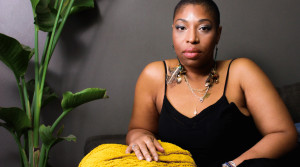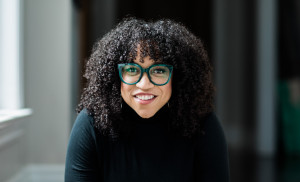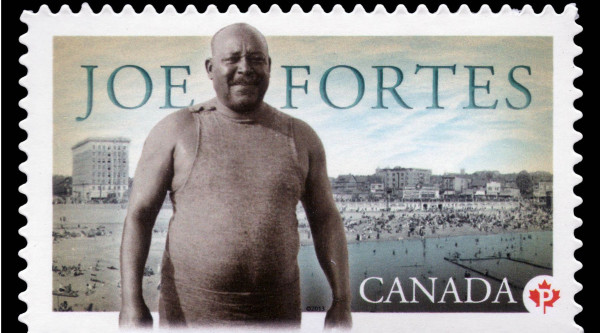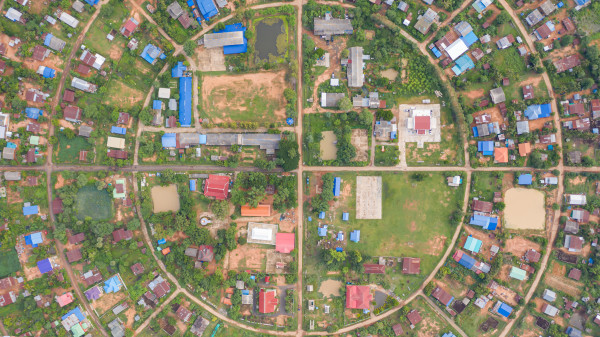The point being that #ExistingWhileBlack in societies that continue to not only question our humanity but treat us as undeserving of basic human rights is a constant in Black lives.”
#BlackInSchool is the title of Habiba Cooper Diallo’s latest book. That excerpt resonated with me because I could recall a time I felt like that in each situation. It’s an upsetting familiarity.
Diallo is an author, activist, the founder of Women’s Health Organization International, and the daughter of renowned poet, professor and scholar Dr. Afua Cooper.
#BlackInSchool is Diallo’s diary in which Diallo documents and processes systemic racism, microaggressions, and stereotypes she faced as a Black high school student in Canada. Even if you don’t have personal experiences to draw from, it’s clear from reading Diallo’s entries that anti-Black racism is present in Canadian schools and in society writ large.
One of the many questions Diallo raises in the book is, “Do our schools instill children with the ideals of equality and tolerance, or do they reinforce differences and teach children of colour that they don’t belong?”
Diallo raises and attempts to answer these existential questions about race by unpacking her personal experiences, which are honourable and brave. Whether you’re an adult or a student, Black or otherwise, reading Diallo’s analysis and perspectives on anti-Black racism can reveal how to dismantle anti-Black racism and why it’s so important.
Like you, I’ve published a book — a collection of poems — and there are some that I wrote in high school. And one of the things I was thinking about before putting it out is there were a lot of pieces that people hadn't seen before, so there was that vulnerability of putting that out into the world. But, also, having to go back and reflect on the things I’d written in high school, so I'm curious about what that process was like for you.
It was a leap of faith, having so much courage, because it's not easy putting yourself out there, putting your thoughts and feelings out into the world.
I write in the introduction of my book that as much as I hesitated to share all of those reflections with the world, I felt it was so necessary because when you see the realities and the climate of anti-Black racism around us and how it persists, case in point the recent murder of Tyre Nichols, I then became convinced.
So my conviction is always further reinforced that if I had those reflections and if God gave me the nudge or the sense of feeling compelled to do it, then I had to do it.
{https://twitter.com/HaalaBeeba/status/1434047548487094272}
Was there a particular moment that made you want to write down these instances and reflect on what you went through?
There wasn’t a particular moment. It was like a continuum; it was just the whole experience. And because I was already someone who wrote and writing was always a way to express my thoughts, to understand my thoughts and feelings ever since a very young age, I wouldn't say there was a particular moment. So putting them down on paper, it was just like a natural step.
Is there a particular instance that stands out to you as memorable or meaningful, for better or worse?
The elevator incidents came up a lot. The incidents themselves and my thoughts about them are some things that stuck out for so many bad reasons. It was so micro or even macro-aggressive; there was so much suspicion from the teacher.
The other one was the chapter “That English class was f*cked!” The violent nature of what they were saying was shocking because I was in a bathroom stall and I overheard it. You know when you become privy to information that the person revealing it doesn't want you to know or would be embarrassed if they knew you knew? Those backdoor conversations. It was a white girl speaking to another white girl; they didn't know I was in the stall; they thought they were alone.
Then I came out of the stall and she was quite shocked. And I said, “How can you say your teacher always goes on a tangent about Black people? Do you realize how important this tangent is?” But had we been out in the hallway or the cafeteria, and she saw so many other people or Black people around, I highly doubt she would have said that. So that incident stood out because you wonder how much of this happens when you're not in the room as a Black person.
{https://twitter.com/JaelRichardson/status/1630591155455787008}
I can remember something like that happening to me. And one of the things that I’m reflecting on when I hear you say that is these might have been teachers you liked, that were nice and you had good interactions with, but in those instances, you discover this is what they really think and feel about me.
Yeah, exactly. You hit the nail on the head.
What do you hope teachers and parents take away from this book?
I hope teachers and parents are able to take away the understanding that anti-Black racism is such a core societal value that it's so learned, it's so ingrained. And I think the lived experiences, as told in my book, capture that.
Again, to use the elevator incident, that's how the teacher in that interaction viewed me fundamentally, with suspicion, under the assumption that I was goofing around, just some kid up to no good, trying to cause trouble.
So, if that was her preconceived notion, her first reaction, her baseline assumption of me, was negative. Why couldn't it have been, “Oh, this girl probably has an elevator pass.” That reflects this anti-Black racism or how Black people are perceived negatively is such a root value. How do we change that value?
In the book, there's a chapter in which I talk about the need for psychological intervention by educators because they’ve learned, whether from their families, TV or society, that this is how Black people are to be seen and it's okay to see them that way. It's justified because they’re troublemakers, rowdy, belligerent and other stereotypes.
So, what I want people to take away is that this is a core value; now, how do we get rid of those values and come up with proper values of human rights towards Black people and see Black people as dignified human beings, as inherently good people? So that there's a benefit of the doubt and the natural assumption can be a good one, opposed to a bad one.
{https://www.youtube.com/watch?v=Yw89V_x-jbw}
Talking about your experience with the faulty answer from your biology teacher, you wrote, “When you’re teaching something like genetics, you must be racially aware in the same way that you, a history teacher or social studies teacher, should be racially aware and should have the tools and terminologies to discuss race with their students.” Why do you think it’s important that teachers beyond the ones that teach those subjects understand the nuances of race?
It's important to understand these nuances because it shows the Black student that they matter. A failure to understand the nuances and the inability to try or to want to understand it is a form of laziness and a form of complicity in racism itself.
When you say, “I'm going to be hands-off because it's too much trouble.” Or sometimes, they’re nervous because they don't want to mess up or risk being called a racist themselves, for example, if they make a mistake.
But that's not okay because, as an educator, you're supposed to push the limits created by a Eurocentric, white-focused educational system that uses whiteness as the base of everything we teach and think. So it's the educator’s job now to push those limits.
In a time when you have integrated schools and Black students in the classroom who are just as much a part of the classroom as a student of any other race, it's essential to understand those nuances because otherwise, as a teacher you're part of excluding Black students.
How have people responded to your book, like teachers and students, people you went to school with, parents, and loved ones?
The responses have been overwhelmingly positive from all those groups you mentioned. Students are just in love with it. So many students of colour see themselves reflected and have reached out to say; I've given them a voice and that they've had the exact same experiences.
Many white students also appreciate it from the standpoint of learning. Teachers and educators are using it or introducing it to their students. A couple of teachers who taught me with whom I am still in touch have reached out, bought a copy and donated it to the school library. Granted, I'm not in contact with many of them so I don't know their thoughts. And the response from parents has been positive as well.
{https://www.facebook.com/photo?fbid=938188494002113&set=pcb.938189094002053}
Would you recommend that other students take on a similar journaling project to document their experiences?
Yes, I would if they're into writing. I recognize that not everyone is into writing; some might be into filmmaking or oral forms of expression. I would because sometimes we don’t know what we’re carrying until we find a way to express what we're carrying. Sometimes we don't see the weight of the burden until we put the burden down. So, how can you put the burden down? You can put it down by writing, rapping, filmmaking, and joining conversation circles.
So, this isn't a question, just a closing thought. It's great that some teachers have bought the book and donated it to the school; others are using it as a teaching tool because it can be helpful for racialized and non-racialized students. I could see this as part of the Black History Month curriculum or an English/writing class. There are some upsetting things to read in the book but it's a positive book overall, and I'm glad to have read it. And I'm so happy that you decided to share your experiences the way you did.
Thank you, I appreciate that so much. And thank you also for telling me about your work and experiences and how our stories and work are aligned; that's deeply meaningful to me.
A final thought for me is that it's time. It's time to seize our voice and know we have power, despite the many efforts to strip us of that power and make us believe we don't have it. So we are always trying to remain awakened and not give away our mental power to racist systems that try to make us believe we're less than others and should be forever submissive and feel inferior. The moment we seize our power is the beginning of true liberation.
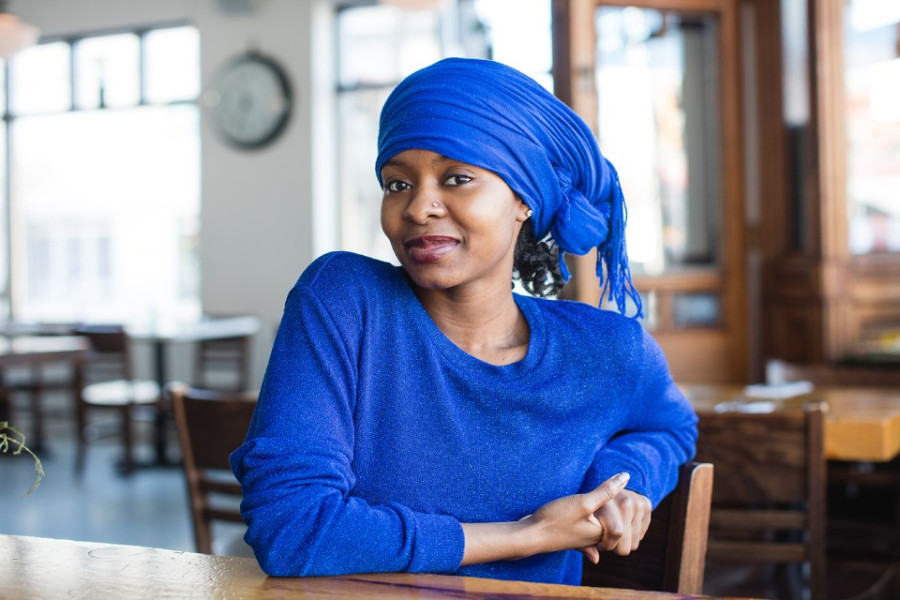
 By
By 




